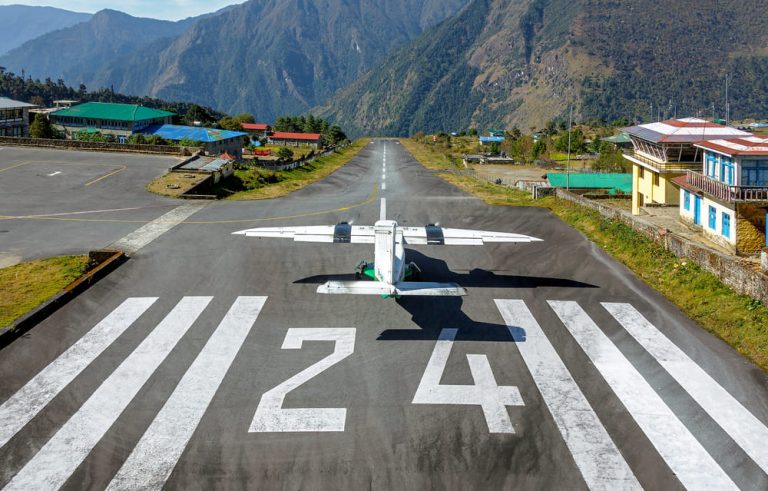A major airport project in Nepal, funded and built by China, is now at the center of a political and financial storm. A government investigation has found corruption, tax evasion, and poor oversight tied to the $216 million airport in Pokhara. This airport, meant to boost tourism and economic growth, currently serves just one international flight a week.
Inquiry Exposes Failures and Mismanagement
The airport in Pokhara was constructed by China CAMC Engineering Co., a state-owned firm under Sinomach. In a 36-page report, a Nepali parliamentary committee stated that the company avoided paying taxes, used substandard materials, and failed to meet technical standards. These issues were allowed to happen because of weak oversight and corruption by local officials.
The report criticizes lawmakers and government agencies for ignoring the problems. The Civil Aviation Authority of Nepal, which was in charge of supervising the project, is accused of turning a blind eye to serious issues to maintain good relations with China.
Concerns Raised Over Chinese Loans
The airport project was financed by a 20-year loan from the Export-Import Bank of China. Nepal must soon begin repaying this loan with income generated from the airport. However, due to its low international traffic, the airport is not bringing in enough revenue. Only one international flight currently lands there each week.
China had praised the project as a key part of its Belt and Road Initiative (BRI), a global plan to fund infrastructure in developing countries. Despite this, Nepal has refused to label the Pokhara airport a BRI project, fearing it might harm its ties with India.
India has not approved any international flights between its cities and Pokhara. This has further limited the airport’s use and profit.
China’s Role Under Scrutiny
The investigation follows earlier reports, including one by The New York Times, which suggested that China CAMC inflated costs and ignored Nepal’s quality control rules. The latest findings support those claims and highlight the risks of borrowing large sums from China for major infrastructure work.
The report also noted that China CAMC charged for work it never completed. Engineers and experts believe the company used poor-quality construction methods, making parts of the airport unsafe.
Nepali officials did little to question the work. Some even accepted the project despite clear problems. The inquiry concluded that both political pressure and personal interest kept them from taking proper action.
A Heavy Burden for Nepal
Pokhara, located near the Himalayas, is a popular tourist destination. The idea of building a modern international airport was welcomed at first. Many believed it would attract more visitors and help local businesses. But the reality has been disappointing.
Since opening in 2023, the airport has failed to meet its goals. With limited international service, its income remains too low to pay off the loan. The debt has now become a burden for Nepal’s already struggling economy.
In August, Nepal’s communist-led government officially asked China to convert the loan into a grant. Prime Minister K.P. Sharma Oli, known for his close relationship with Beijing, made the request. So far, China has not agreed. When Oli met President Xi Jinping in November, no deal was announced.
Growing Concerns About Chinese Projects
This case has raised questions about how countries manage foreign-funded projects. It also shows the need for stronger oversight and transparency. While China offers funding with fewer conditions than Western lenders, these projects can come with hidden costs.
Experts say that governments should study the long-term effects before taking big loans. Without proper planning, such projects can turn into financial traps. In Nepal’s case, the lack of planning and oversight has led to serious losses.
The findings of the inquiry may lead to legal and political changes. Some lawmakers are calling for criminal charges against those involved. There are also demands to review other Chinese-funded projects.
Nepal must now figure out how to handle the debt and restore public trust. Many hope that this report will push the government to act more responsibly in future deals.
As Nepal struggles with economic challenges, the Pokhara airport serves as a warning. It shows how even well-meaning projects can go wrong without careful management.


